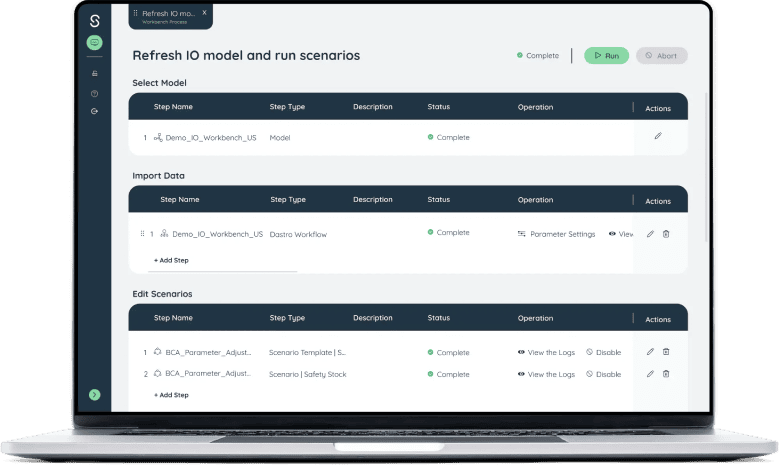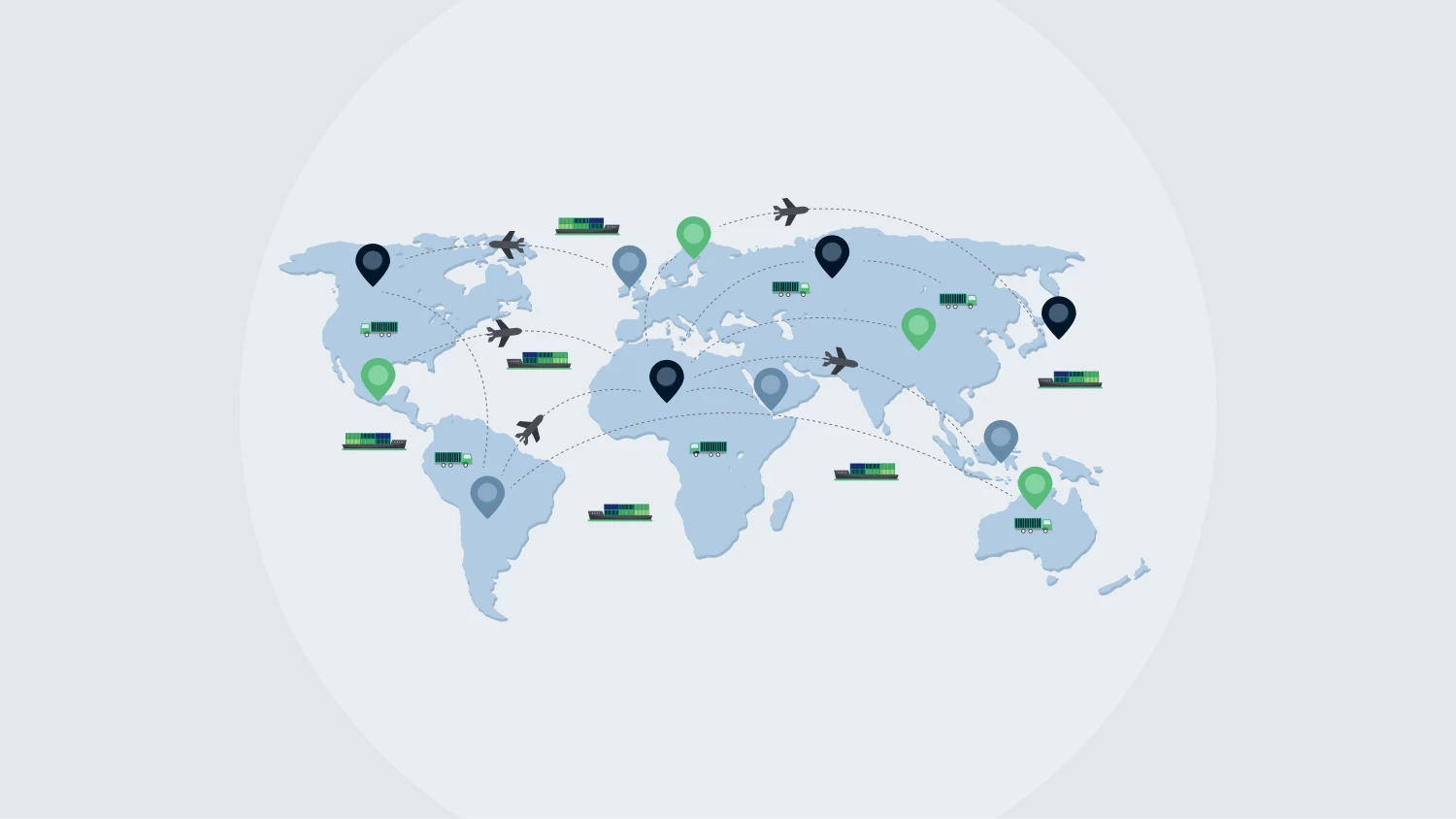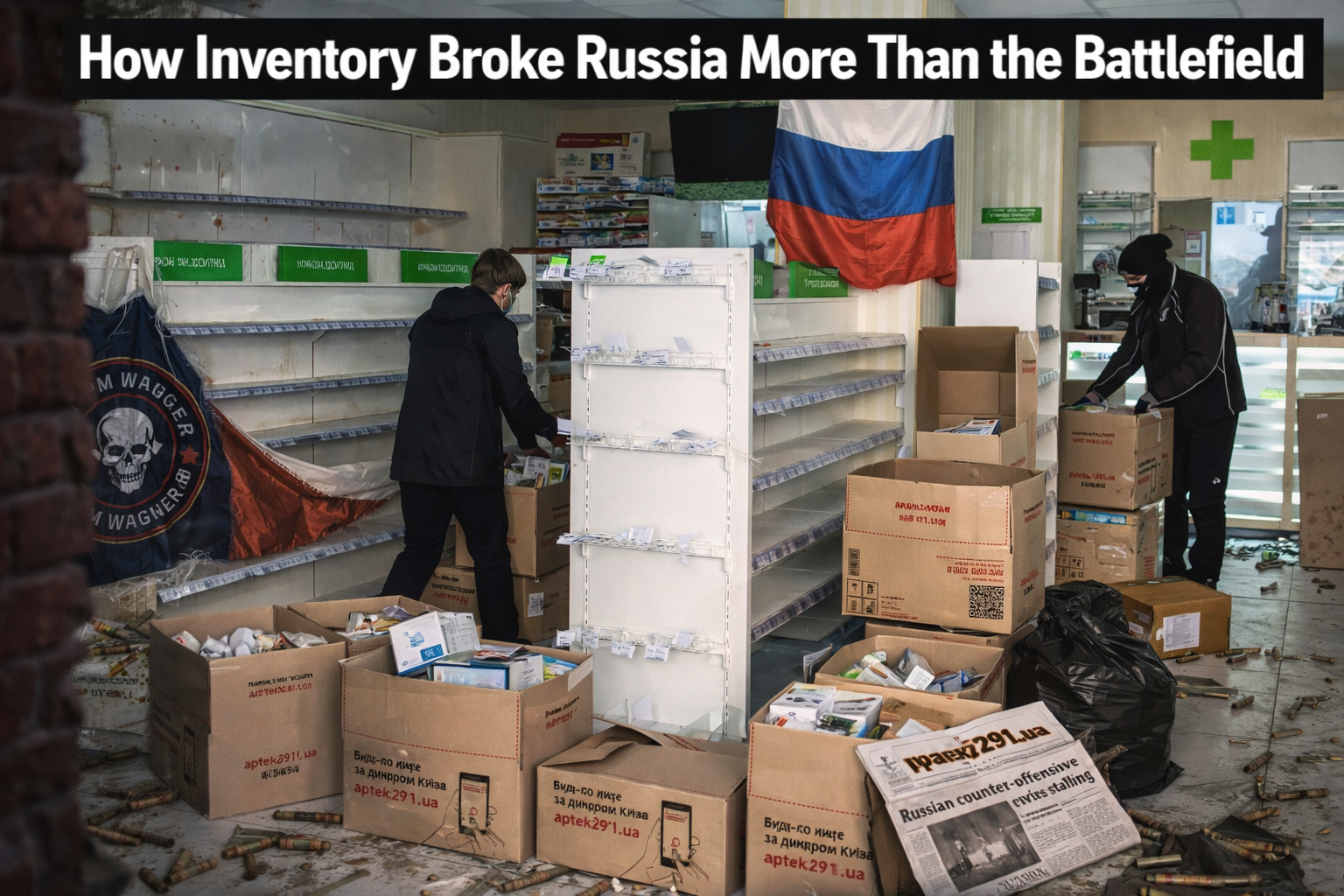Have you ever faced challenges in managing multiple small shipments?
This is a common problem in supply chain management and is causing inefficiencies in businesses. This can be solved with the help of freight consolidators as it provides an effective solution by combining small shipments into one large shipment.
It optimizes space and reduces the number of shipments. This not only reduces shipping costs but also streamlines the supply chain network. This approach can help businesses optimize their supply chain network designs, ensuring smooth operations.
Read on to learn more about freight consolidators and how it transforms the logistics strategy.
What is Freight Consolidation?
Freight Consolidation is the process of combining various small shipments into one large shipment. This process is also known as Cargo consolidation or Order Assignment. In this logistics strategy, orders from various sources are combined into a single load heading towards the destination.
Container shipping has consolidated over the years, with the top 20 carriers’ share of capacity rising from 48% to 91% in the last 30 years to manage excess capacity.
This approach can be applied across multiple modes of transportation including ocean shipment, rode and rail freights. By consolidating shipments, companies can reduce the number of trips and make efficient use of available space. It saves both time and cost.
Types of Freight Consolidators
Based on the size and nature of shipments, freight consolidators can be of various types.
LCL or LTL
Less than container load (LCL) or less than truckload (LTL) is used when a shipment is too small to fill an entire container or truck. These shipments are combined with other small shipments to fill up the container.
The LTL market in the United States was valued at approximately $82.16 billion in 2022 and is expected to grow at a compound annual growth rate (CAGR) of 5.0% from 2023 to 2030.
The benefit of LCL is that the freight consolidators only have to pay for the volume or weight of the goods, not the entire container. It is the most commonly used method by businesses that do not have enough freight to hire a whole container.
LCL and LTL tariff rates are volume-based. It means that the cost per unit decreases with the increase in shipment size. It follows the economy of scale principle. Businesses can reduce shipping costs and improve efficiency by consolidating small orders into larger shipments.
Full Container Load (FCL)
A full container load is used when a shipment is large enough to fill an entire container. It usually charges a flat rate per container, no matter the volume or size of the freight.
Shipments are typically loaded and sealed when shipped. This method ensures the safety of the goods. It is ideal for large-scale businesses and businesses that prefer not to share containers with other shippers.
Benefits of Freight Consolidators in Supply Chain Network Design and Planning
Here are some of the benefits of freight consolidators in the supply chain network.
Cost Reduction and Savings
The biggest benefit of freight consolidators in the supply chain network is cost savings. Sending each shipment alone costs the same as shipping all of them together. Even if you fill half of a trailer with the packages, leaving the entire space free, it will cost the same.
With freight consolidators, multiple LTL shipments that are headed to the same location are combined in a single truck. It lets you avoid the cost of renting an entire truck for shipment purposes. You can only pay for the space your freight is using.
Improved Efficiency and Speed
The quicker the shipments, the happier the customers. Consolidated freight shipping enhances shipping operations and increases efficiency. The orders are shipped faster with it. Wait times for the transportation of small shipments are reduced.
You can even make adjustments in the shipments according to order changes. It doesn’t affect the delivery times and speed. You can arrange for your freight to be delivered according to a specific schedule. It ensures your shipments are efficient and timely.
Environmental Impact
For businesses prioritizing sustainability, freight consolidators offer various environmental benefits. It combines multiple shipments into one truckload of shipments. It makes less fuel consumption and lower carbon emissions.
Additionally, using trucks for various shipments reduces traffic congestion. It minimizes the environmental pollution caused by cargo operations. Therefore, freight consolidation enhances the supply chain network by providing eco-friendly shipment methods to the companies.
Risk Mitigation in Supply Chains
Sippers have always worried about their damaged freights. Consolidating shipments reduces the amount of handling of freight. With consolidated freights, shipments will be on fewer trucks. Hence, goods don’t have to be transferred various times, preventing damage.
This approach is essential in well-formed supply chain network design. It optimizes reliability and reduces the risks. Fewer transfers improve the reliability of the shipments. This ensures that your customers receive the shipments on time.
Optimizing Inventory Management
Businesses can also optimize their inventory processes with freight consolidation services. It lets companies minimize the handling and processing time for each shipment. This helps maintain optimal inventory levels as goods are shipped less frequently.
Less frequent shipments reduce the need for constant restocking. It becomes easier to monitor stock levels. This also lowers storage costs and reduces the investment needed for inventory management.
How Sophus Optimizes Freight Consolidators for Supply Chain Efficiency
Sophus uses advanced AI tools to enhance supply chain network design.
- Optimizing Freight Shipments at the Order Level
Sophus helps freight consolidators enhance supply chain network design by optimizing shipments at the order level. It ensures each shipment is planned efficiently to minimize costs.
- Assigning Orders to Lanes and Dates for Cost Efficiency
It assigns orders to specific lanes. It also schedules shipment dates to reduce transportation costs. Various factors are considered while doing this, including lanes, capacity, and cost functions.
- Balancing Inventory Holding and Shipment Costs
Sophus balances inventory holding costs with shipment expenses. It improves the supply chain efficiency of a business by optimizing warehouses and transportation costs.
- Handling Large Data Sets with Fast-solving Speed
With advanced AI and a data management system, Sophus efficiently handles millions of records with fast-solving speeds. These capabilities help businesses manage shipment costs and improve their services.
Check out this video to see how Sophus Technology solved HomeStyle’s order assignment issue.
Conclusion
Companies try to stay ahead of their competitors. This makes them adapt to the changing demands and advanced solutions. One such solution for shipment companies is by using freight consolidators.
The benefits of freight consolidation in enhancing supply chain networks have been covered in the article. However, there are a few challenges too. They include organizing logistics, finding a good carrier, and tracking issues.
Businesses can overcome these challenges with the help of Sophus X. SophusX has created an innovative Order Assignment (OA) algorithm used to tackle the freight consolidation challenges. With this, users can prepare digital models of their transportation network at the order level. It also lets them group smaller orders into larger ones to streamline costs.
Users can also set up ‘what-if” scenarios and design updates. They can also refine their models with automated data workflows. This helps them improve their decision-making and manage transportation networks efficiently.
Try Out Sophus X Today!








